Pablo Heras-Casado - El Maestro Farinelli (2014)
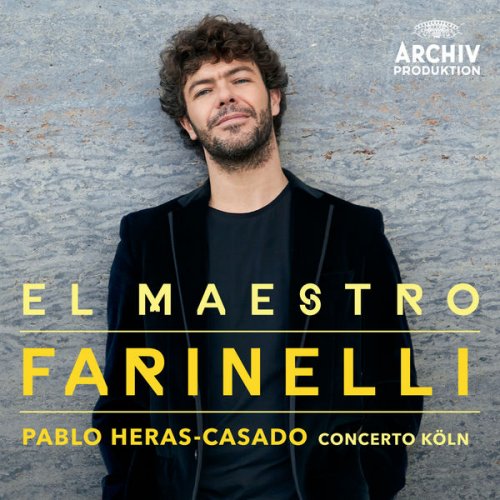
Artist: Concerto Köln, Pablo Heras-Casado, Bejun Mehta
Title: El Maestro Farinelli
Year Of Release: 2014
Label: ARCHIV Produktion
Genre: Classical
Quality: FLAC (image + .cue, log, artwork)
Total Time: 1:08:29
Total Size: 365 MB
WebSite: Album Preview
Tracklist:Title: El Maestro Farinelli
Year Of Release: 2014
Label: ARCHIV Produktion
Genre: Classical
Quality: FLAC (image + .cue, log, artwork)
Total Time: 1:08:29
Total Size: 365 MB
WebSite: Album Preview
01] Nicola Conforto [1718-1793] - Overture to ‘La festa cinese’: (Allegro) - Andante - (Allegro)
02] Nicola Porpora [1686-1768] - Overture to ‘Carlo il calvo’: Allegro - Minuet - Contradanza
03] Johann Adolf Hasse [1699-1783] - Sinfonia a quattro in G minor, Op. 5 no. 6 - Allegro
04] Sinfonia a quattro in G minor, Op. 5 no. 6 - Andante sempre
05] Sinfonia a quattro in G minor, Op. 5 no. 6 - Allegro
06] Jose de Nebra [1702-1768] - “Tempestad grande”, fandango from zarzuela ‘Vendado es amor, no es ciego’ (Bejun Mehta)
07] C.Ph.E. Bach [1714-1788] - Sinfonia in E minor »Fandango« Wq 178 - Allegro assai
08] Sinfonia in E minor »Fandango« Wq 178 - Andante moderato
09] Sinfonia in E minor »Fandango« Wq 178 - Allegro
10] Francesco Corradini [1690/92-1769] - ‘Baile de las mбscaras’, zarzuela [excerpts]
11] Juan Marcolini [fl. 1760-70] - Overture to ‘La dicha en la desgracia y vida campestre’, zarzuela: Allegro assai e spiritoso
12] Nicola Porpora - “Alto Giove” (from ‘Polifemo’) (Bejun Mehta)
13] Jose de Nebra - Seguidilla (from ‘Amar y ser amado y la divina Philotea’, zarzuela [incidental music])
14] Seguidilla (from ‘Para obsequio a la deydad, nunca es culto la crueldad, y Iphigenia en Tracia’, zarzuela)
15] Seguidilla (from ‘Vendado es amor, no es ciego’, zarzuela)
16] Canciуn (from ‘Viento es la diche de amor’, zarzuela)
17] Seguidilla (1) (from ‘Donde hay violencia no hay culpa’, zarzuela [attributed])
18] Seguidilla (2) (from ‘Donde hay violencia no hay culpa’, zarzuela)
19] Niccolo Jommelli [1714-1774] - Periodical Overture: Allegro di molto - Chaconne
20] Tommaso Traetta [1727-1779] - Overture to ‘Armida’: Allegro - Andante - Allegro
The casual browser might assume from the large word Farinelli and the picture of a bearded hipster dude in the graphics that this is another album devoted to arias connected with Italian castrato Carlo Broschi, known as Farinelli. But look more closely: the title, "El Maestro," is in Spanish. The album deals with Farinelli's tenure in Madrid, where he held the title of chamber musician to King Philip V and was a sort of impresario. His performing career was over by this time, and the album is mostly instrumental (a couple of countertenor arias, one of them the Farinelli hit Alto giove, are included), consisting of music by composers with whom Farinelli was associated, and might have programmed in Spain. This may seem a slender concept on which to hang the relaunch of the venerable Archiv early music imprint, and about all you can say in its favor is that the music is a great deal of fun. The program mixes opera overtures of the middle 18th century with some engaging dances by Spanish composer José de Nebra, the aforementioned arias, and independent symphonies by Carl Philipp Emanuel Bach and Johann Adolf Hasse. The music is all almost unknown, and it is for the most part zippy and extremely attractive. Start in with the very first track, the overture to La festa cinese (The Chinese Festival) of Nicola Conforto, with its unique rhythmic drive, and then sample the overtures by Jommelli and Traetta, opera seria composers who are almost forgotten today but whom any fan of the time would have known. The Concerto Köln, with a solid group of 28 players, gives this novel music a good deal of rhythmic zest, and it's hard not to conclude that even if the concept is strange, if that's what it took to get the music rediscovered, the effort was worth it. Archiv's studio sound is masterful. ~ James Manheim
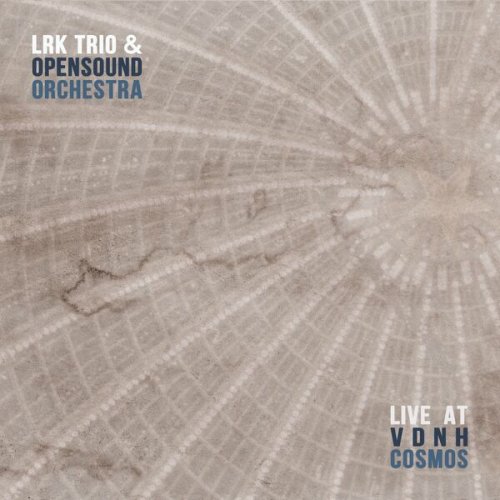
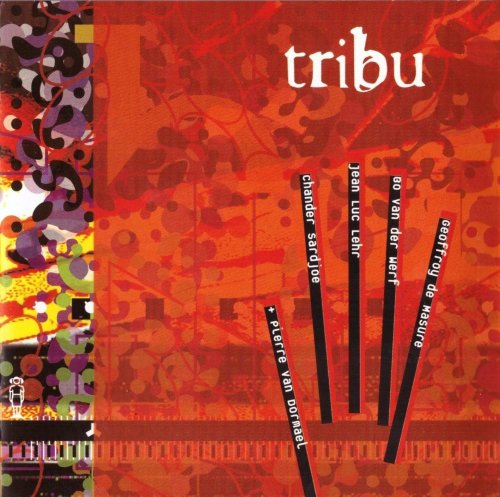
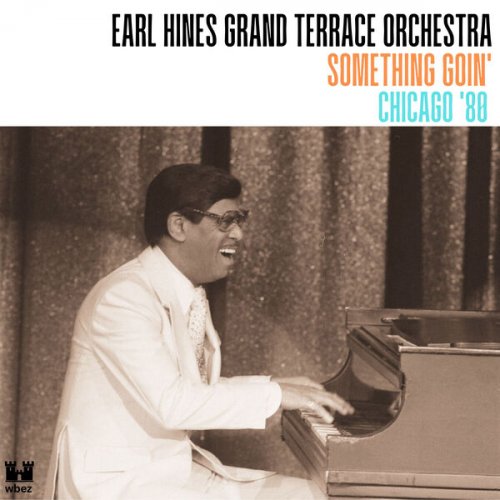
![Roberta Flack - With Her Songs: The Atlantic Albums, 1969-1978 (2026) [Hi-Res] Roberta Flack - With Her Songs: The Atlantic Albums, 1969-1978 (2026) [Hi-Res]](https://www.dibpic.com/uploads/posts/2026-02/1770307025_cover.jpg)
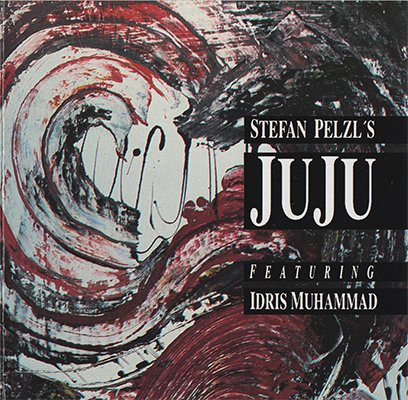
![Keyvan Chemirani - Tales of Nar (2026) [Hi-Res] Keyvan Chemirani - Tales of Nar (2026) [Hi-Res]](https://img.israbox.com/img/2026-02/05/2f0crjk19rw3dp7xd5h38ofxr.jpg)
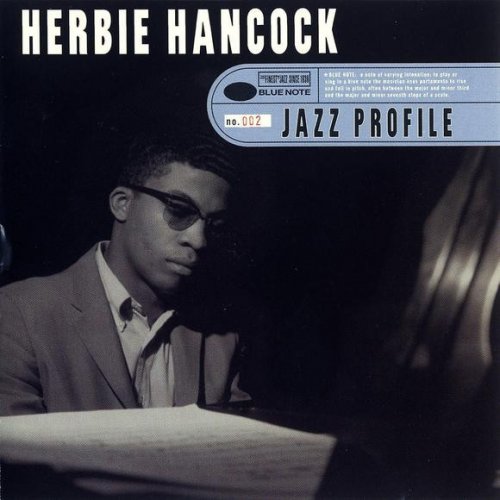
![Karin Krog & John Surman - Infinite Paths (2015) [Hi-Res] Karin Krog & John Surman - Infinite Paths (2015) [Hi-Res]](https://www.dibpic.com/uploads/posts/2026-02/1770025527_env1crs2mqx1a_600.jpg)
![Macha Gharibian - PHENOMENAL WOMEN (DELUXE EDITION) (2026) [Hi-Res] Macha Gharibian - PHENOMENAL WOMEN (DELUXE EDITION) (2026) [Hi-Res]](https://www.dibpic.com/uploads/posts/2026-02/1770138728_folder.jpg)